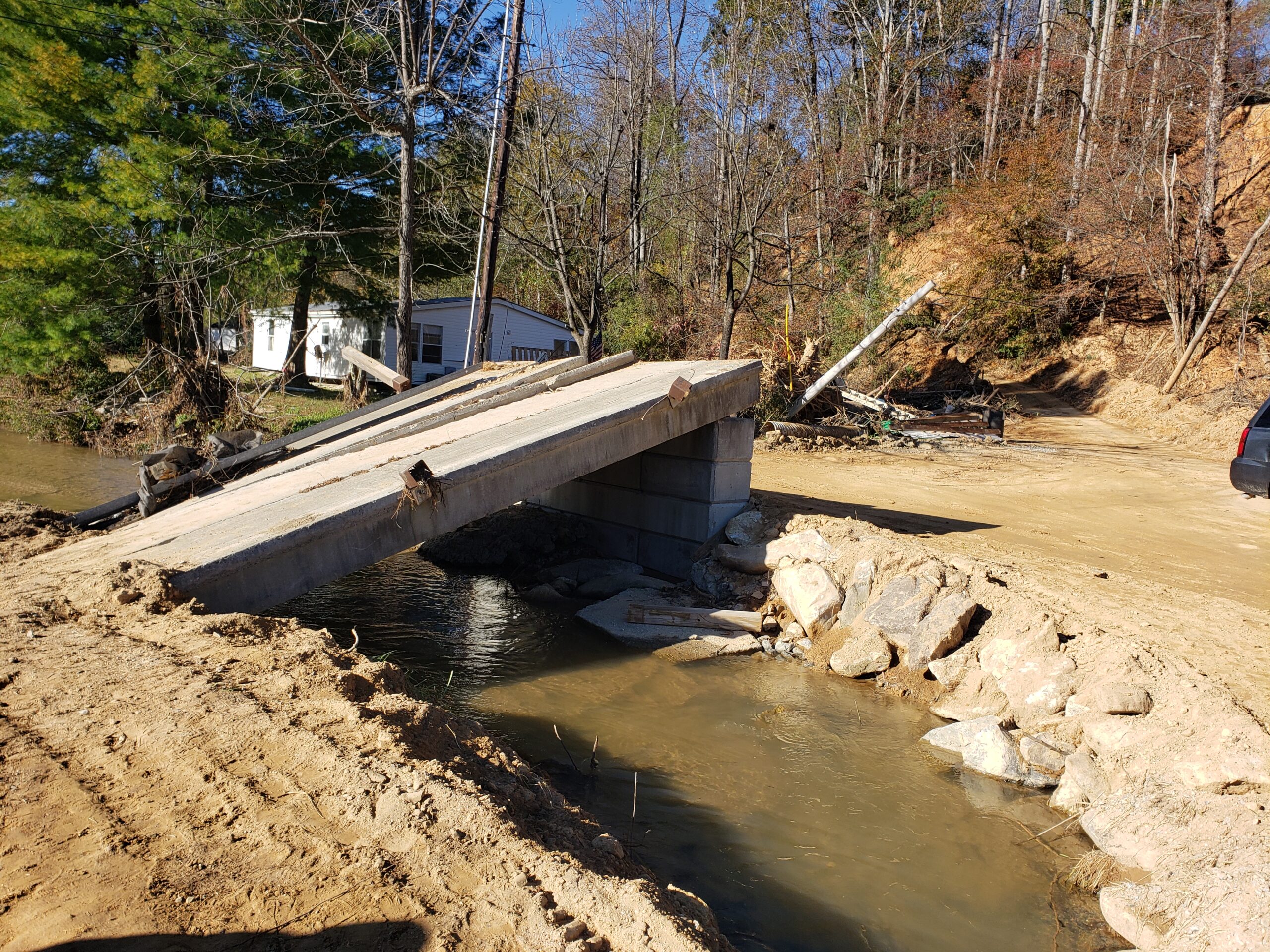This post was originally written when Ruth Ann spoke to the SC Fall Leaders Convo on October 22 about disaster response in South Carolina. It has been edited to include information about the response in North Carolina as well.
First, thanks to all of you and your congregations, for your support of our God’s Work Our Hands Day projects, which rapidly expanded to include hygiene kits and quilts, in addition to the original cleanup buckets and children’s comfort kits after Helene stormed across the Carolinas.
Thanks to all the congregations who originally served as collection points and to those who are currently helping us in that way:
Good Shepherd, Raleigh, NC
Grace, Salisbury, NC
Zion, Hickory, NC
Zion, Lexington, SC
Honestly, much of our attention has been going to North Carolina in the past few weeks because the devastation in western NC is so severe. Information has been more difficult for us to obtain about South Carolina. But both North and South Carolina have been severely affected by Helene and many counties are included in the federal disaster declarations. That information continues to change, but here is the current information we have been able to locate:
Federal disaster declarations for North Carolina include Alexander, Alleghany, Ashe, Avery, Buncombe, Burke, Cabarrus, Caldwell, Catawba, Cherokee, Clay, Cleveland, Forsyth, Gaston, Graham, Haywood, Henderson, Iredell, Jackson, Lee, Lincoln, Macon, Madison, McDowell, Mecklenburg, Mitchell, Nash, Polk, Rowan, Rutherford, Stanly, Surry, Swain, Transylvania, Union, Watauga, Wilkes, Yadkin, and Yancey Counties, as well as the Eastern Band of Cherokee Indians.
In South Carolina, the federal declaration includes Abbeville, Aiken, Allendale, Anderson, Bamberg, Barnwell, Beaufort, Cherokee, Chester, Edgefield, Fairfield, Greenville, Greenwood, Hampton, Jasper, Kershaw, Laurens, Lexington, McCormick, Newberry, Oconee, Orangeburg, Pickens, Richland, Saluda, Spartanburg, Union, and York Counties, as well as the Catawba Indian Reservation.
We have been working with the synod staff and the conference deans to try and learn about the needs in SC, especially in the upstate. We have also been in contact with conference deans and pastors in western North Carolina to learn more about their needs. Please contact us if you know of a need that we may not be aware of!
You used to frequently see both of us together at most events. These days, we are usually in different places as we try to work on as many things at a time as possible! For example, while Ruth Ann was attending the SC Fall Convo, Ray was meeting with representatives from Mennonite Disaster Service and FEMA as we work to organize a joint project replacing what may be thousands of private bridges needed to help get people back to their homes!
Our best advice to everyone who has downed trees or damage to their home is to:
- Contact your insurance company
- Call Crisis Cleanup at 844.965.1386 to request volunteer help with tarping, tree and debris removal, and muck out. The deadline for applying for this help is November 1!
- Apply for FEMA assistance.
Be prepared to appeal any decisions from your insurance or FEMA that you don’t think are fair. Please understand that applying to FEMA – even if your request is denied – is often a required step in order to receive other forms of assistance.
We are meeting regularly with both the NC and SC VOAD (Voluntary Organizations Active in Disaster). The North Carolina group was meeting daily and is now meeting three times a week to coordinate response efforts. Ray is facilitating the South Carolina meetings which started at three times a week and are now once a week.
We have discovered that while there are many counties in SC covered by the federal disaster declarations, it has been difficult – not just for us, but for SC officials – to gather information about damage and to learn how we and other organizations can be of help!
Please help us help you, your congregations, and your communities! Do you know of needs for cleanup buckets or other supplies? Let us know, so we can get some to you! We have plenty and while the requests are slowing, these are still needed.
Please follow our Facebook page LDR Carolinas for more frequent updates, especially information from other organizations that can help with disaster recovery. We also encourage you to join the LDR Carolinas network for online meetings and other updates.
We invite you and your congregations to consider how you would like to be involved in the recovery. There are no big teams needed yet, but there are already opportunities to volunteer, at our camps and in other places.
Crisis Cleanup volunteers are still needed to take calls, especially now that needs from Hurricane Milton are included. This can be done from your computer, in your home, and on your schedule. Please let us know if you can help and we will get you started!
Camps Kinard in SC and Lutheridge and Lutherock in NC are looking for volunteers, mostly to help remove fallen trees. Contact them directly to help.
We have volunteers working in Asheville, running the VRC (Volunteer Reception Center) in the United Way office, until Thanksgiving. A few volunteers are needed there. That is office work, not heavy physical labor.
There will be many more opportunities to volunteer in the months and years to come. We will share more information on these as they become available.
Financial donations are still the very best way you can help, because the funds are used to support recovery in SO many different ways. Donations can be directed to Lutheran Disaster Response, which are already being given to us in the form of grants for staffing and other support. Each synod has a disaster fund, which is used primarily to assist congregations, but in times like these may be used to help provide for other needs. Donations to LDR Carolinas help support our work in both synods and will be used for the soon-to-be formally unveiled partnership with Mennonite Disaster Service, Bridging Together. You can find information on how to donate on both the NC and SC Synod websites.
Helene was a devastating storm. There is much to be done. Like Hurricane Katrina, which many of us remember, the recovery in many areas will take not days or even months, but years. When we first entered into disaster recovery, in the months following Katrina, a handmade poster welcomed us into Christus Victor in Ocean Springs, Mississippi. It read “Katrina was an act of nature. What you do here is an act of God.”
Please know that while Helene was a destructive act of nature, what we do together in response in the weeks, months, and years to come will be a powerful sign of God’s work, done by our hearts and hands to serve others in faith and love.





